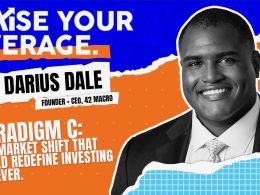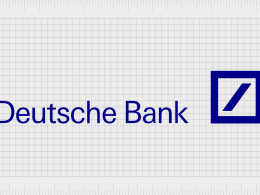Here is the first at-length TV interview we have ever seen GMO’s Jeremy Grantham do. We could not figure out how to embed it, so here’s the link.
The co-founder and chairman of global investment management firm, GMO, Grantham oversees investment strategies for the firm's more than one hundred billion dollars in assets for mostly institutional investors. The Economist recently described Grantham as a Cassandra of the investment community for his bearish and accurate ten year forecasts. The British born investor writes a widely read quarterly letter but until now has avoided television.
Definitely a must see interview. Click for the video:
Here is a very small excerpt of this provocative interview.
CONSUELO MACK: So let me ask you about that, you call it the curse of the value manager, that you could be quite early.
JEREMY GRANTHAM: Could be, almost invariably are, if you are a value manager. Because a value manager could be described that we are paid to buy cheap assets, we are paid to get out of expensive assets; but if you are paid to buy cheap assets when they are very cheap indeed, typically you have owned them for quite a while and are regretting it. And simultaneously on the other side you have paid to get out of expensive assets and when they've become gloriously overpriced like 2000, we are long gone and looking like idiots.
CONSUELO MACK: Now, let me ask you because one of your themes of the last past three years, up until recently, was avoid risk, avoid risk, avoid risk. Do you have a mantra now?
JEREMY GRANTHAM: Not as clear-cut as that. We were blessed with a great opportunity there, to be nearly certain that we were right. Now it's much more one of creative tension. Regret minimization. I've had lots of regrets, and I'm the czar of regret minimizing at GMO. Which means, for example, if we buy too soon now, and the market goes down- as I really think it will, two to one, it will be down quite a lot next year- and we put the clients' money to work, they're going to say, "Jeremy, you of all people, why did you put our money in when you thought the market was going down?" And we'll have bitter regret and we'll be very unhappy.
If, on the other hand, we recognize the market is cheap and in some parts of the world very cheap, and we don't buy, and the market goes, as it might, screaming up, barely pausing for breath, we have terrible regrets, the clients are thoroughly upset and they say, "Jeremy, you told us they were cheap and you didn't put our money in, what were you thinking about?" And of those two, I think that is the shooting effect. As I like to say, you not only look like an idiot, you really are an idiot if you do that. And our decision is to step our way as best we can, balancing the two regrets. And how we do that is starting four weeks ago, we started to put money back fairly quickly, but only into the very cheapest areas of the market- very high quality U.S. blue-chips and emerging markets, and perhaps Japan. And then having done that and closed the gap towards neutral weight, then moving very slowly indeed into the more diversified areas that are merely cheap, not spectacularly cheap. So we're taking some risk the market will run away. I don't think we'll hit neutral against our benchmark and positions in equities until the middle of next year.Read the complete transcript here.
Hat Tip: Infectious Greed, Paul Kedrosky













